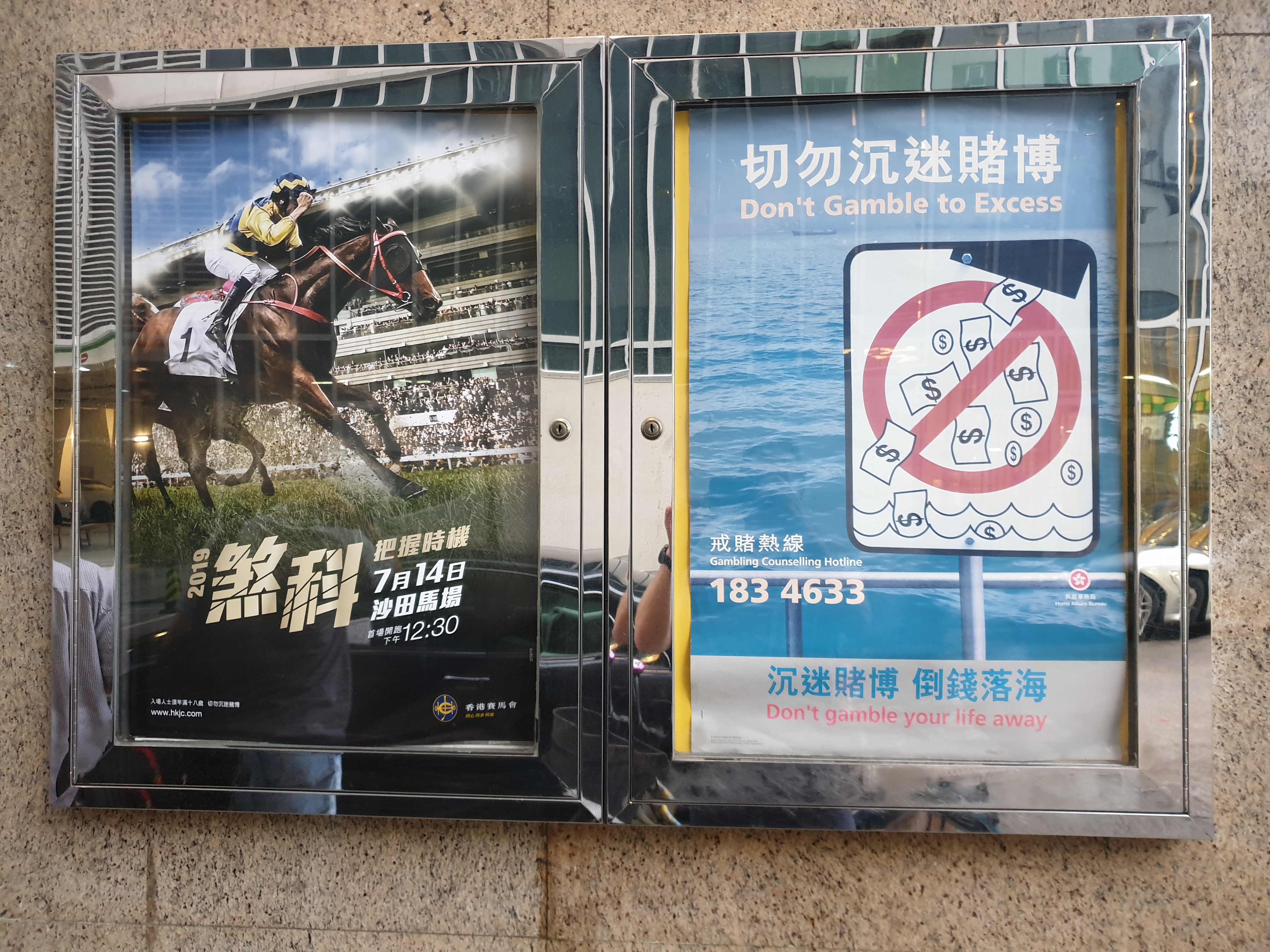Problem gambling can cause severe harm to concerned significant others (CSOs) in the form of, for example, relationship problems, financial difficulties, and mental and physical illness. CSOs are important for their ability to support problem gamblers and motivate them to change. In a new study, published today, we investigated the effect of an Internet-based intervention for CSOs of treatment-refusing problem gamblers on (a) gambling-related harm, (b) the gamblers’ treatment-seeking rate, and (c) the relationship satisfaction and mental health of the CSOs.
Method
A total of 100 CSOs of problem gamblers were randomized into one of two conditions: Internet-delivered cognitive–behavioral therapy for CSOs or a wait-list control group. The intervention group was given Internet-based treatment consisting of nine modules with therapist support available via telephone and e-mail. Outcome measures were collected up 12 months posttreatment.
In this study we demonstrated that an Internet-delivered cognitive–behavioral treatment could help the concerned significant others (CSOs) of treatment-refusing gamblers to cope with gambling problems.
Results
The intervention improved the psychological well-being of the CSOs compared to the wait-list group at the posttest (CSO’s emotional consequences: d = −0.90, 95% CI [−1.47, −0.33]; relationship satisfaction: d = 0.41, 95% CI [0.05, 0.76]; anxiety: d = −0.45, 95% CI [−0.81, −0.09]; depression: d = −0.49, 95% CI [−0.82, −0.16]). However, the effects on the gambling outcomes were small and inconclusive (gambling losses: multiplicative effect = 0.73, 95% CI [0.29, 1.85]; treatment-seeking: hazard ratio = 0.86, 95% CI [0.31, 2.38]).
Conclusion
The results confirm earlier studies’ findings that affecting the gambler via a CSO is challenging, but it is possible to increase the CSO’s coping and well-being. The trial’s outcome data and scripts are available for download (https://osf.io/awtg7/).
Read the full paper (open access):
Magnusson, K., Nilsson, A., Andersson, G., Hellner, C., & Carlbring, P. (2019). Internet-delivered cognitive-behavioral therapy for significant others of treatment-refusing problem gamblers: A randomized wait-list controlled trial. Journal of Consulting and Clinical Psychology, 87(9), 802-814. https://doi.org/10.1037/ccp0000425
[lightbox link=”http://www.carlbring.se/wp/wp-content/uploads/2019/08/20190710_185132-e1566199399121.jpg” thumb=”http://www.carlbring.se/wp/wp-content/uploads/2019/08/20190710_185132-e1566199399121-768×1024.jpg” width=”768″ align=”center” title=”” frame=”true” icon=”image” caption=””]
